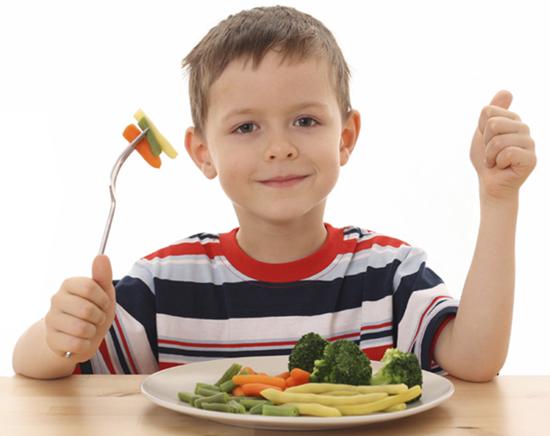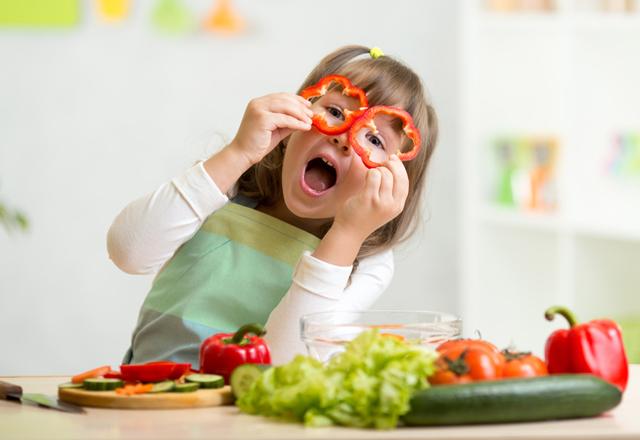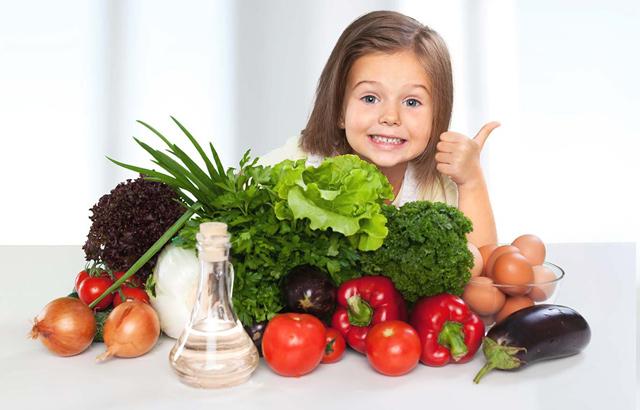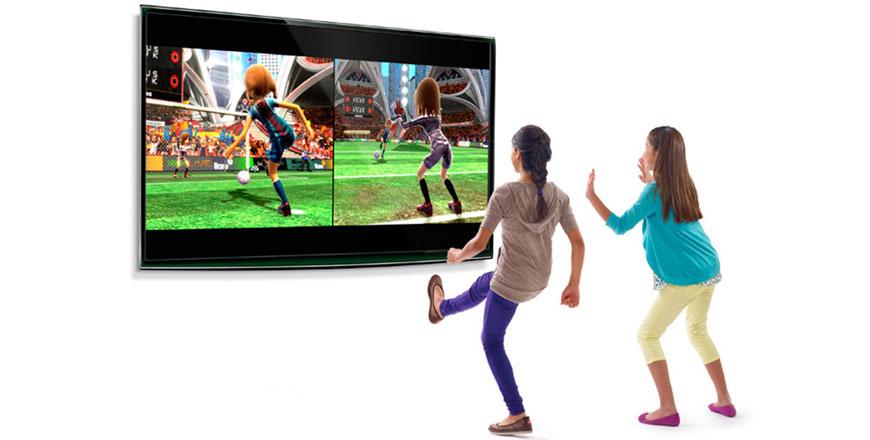You are here
Videos of kids eating veggies may entice preschoolers to eat more
By Reuters - Apr 05,2016 - Last updated at Apr 05,2016

Photo courtesy of organics.org
Watching videos of kids eating vegetables may encourage small children to follow suit, a new study suggests.
Preschoolers who watched a short video of kids eating bell peppers later ate more of the vegetables themselves, the researchers reported in the Journal of Nutrition Education and Behaviour.
They also presented their findings this month at the annual meeting of the Society of Behavioural Medicine in Washington, DC.
The difference in consumption was not immediate, however. Instead, a week after seeing the video, the children ate about 16 grammes of bell pepper. Kids who hadn’t seen the video only ate about 6 grammes.
“The DVD segment we assembled was 7.5 minutes in length, and after just one exposure the preschoolers increased vegetable consumption one week later. So a brief DVD exposure... between children’s TV programming, or during a transition time at daycare before snack or meal time, [may] influence children to make healthier food choices,” Amanda Staiano, at Biomedical Research Centre in Baton Rouge, Louisiana, who led the study, told Reuters Health by e-mail.
Staiano’s team randomly assigned 42 youngsters, ages three to five, to watch either the video of other children eating bell pepper, or a video on brushing teeth or no video at all.
The next day, those who watched the veggie video actually ate less bell pepper than the others. But one week later, after accounting for the amount of bell pepper that each child ate on day one, the veggie video group’s consumption was higher and the difference was statistically significant, the researchers found.
“This indicates that the children retained the positive experience of watching peers eating the vegetable and were able to reproduce that action one week later,” Staiano says.
Childhood obesity has more than doubled in the past 30 years according to the US Centres for Disease Control and Prevention. And one of the CDC’s recommendations to combat the rise is to eat more servings of vegetables.
The children in the video may serve as ambassadors for healthier eating.
“The kids were positively influenced by their peers through role modelling of healthy behaviours,” says Amy Yaroch, executive director of the Gretchen Swanson Centre for Nutrition in Omaha, Nebraska, who was not involved in the research.
“We know from behavioural theory that role modelling is an effective strategy to get people [including young kids] to adopt healthy behaviours. Parents typically serve as role models, but peers can be a very strong influence as well, especially if they are viewed as ‘cool’ by their peers,” Yaroch says.
Staiano and her team still have several questions they’d like to investigate, including how to increase the effect and whether repeated video exposure could convince a kid to choose a vegetable over candy.
“Figuring out ways to make screen time into healthy time is critical for our young children, who are expected to have shorter lifespans than their parents due to obesity-related diseases,” Staiano says.
Related Articles
Handing kids plates with pictures of fruits and vegetables may nudge them to serve themselves more of these foods and eat more of them, too,
By using the right words and repeating the phrases, adults can help young kids get over picky eating behaviours and eat healthier foods, acc
Obese kids may be able to drop weight with the help of an unlikely aid: video games. Special exercise video games helped overweight chi


















